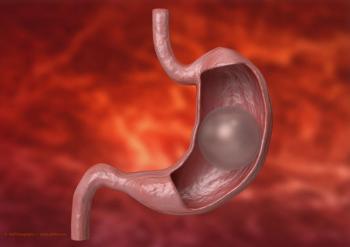
Substantial weight loss can help patients’ eye health, study results show.

Substantial weight loss can help patients’ eye health, study results show.

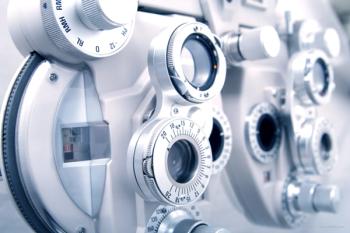
Taking control of a practice’s future with investment, creative thinking

Mark Gallardo, MD, reports 12-month outcomes of iStent inject® combined with cataract surgery in a predominantly Hispanic patient population with mild to moderate open-angle glaucoma (OAG) and comorbid cataract.
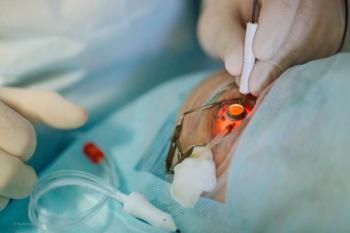
Physician offers practical advice for the use of systems.
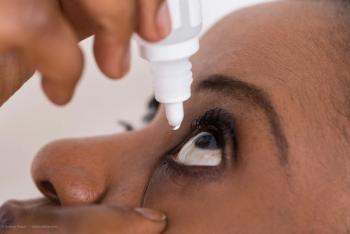
Administration has minimal impact on patients’ perception of pain.
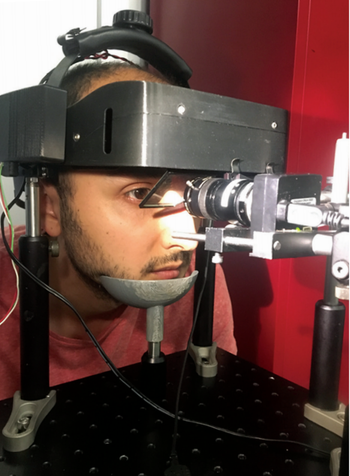
Holographic technology offers after-surgery glimpse for surgeons, patients.

ASCRS has issued a statement calling on Aetna to drop a new prior authorization policy it implemented last week that delays cataract surgeries.

Uday Devgan, MD, FACS, of Devgan Eye Surgery in Los Angeles and Beverly Hills, CA, answers a few key questions his patients have asked when considering cataract surgery.
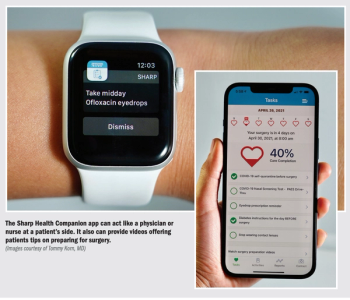
Technology enables physicians to provide and receive important information more quickly.

Much of today’s surgical refuse is due to the single use of virtually everything.

Investigators find little difference between the options.

In recognition of Cataract Awareness Month.

According to investigators, the system has been shown to almost triple the number of people with eye problems attending primary care, as well as increasing appropriate uptake of hospital services.

In recognition of Cataract Awareness Month.

In recognition of Cataract Awareness Month, Fasika Woreta, MD, MPH, discusses IOL options for cataract patients.
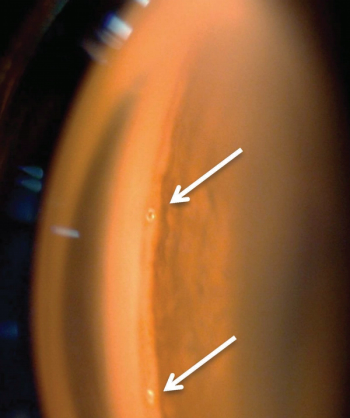
Retrospective review highlights the sustained efficacy of combination procedure.

In recognition of Cataract Awareness Month.
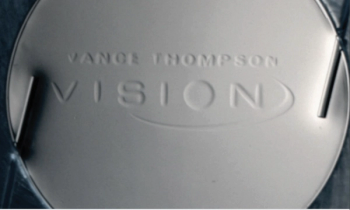
Lens option can correct for surgically induced astigmatism or an inaccurate position.
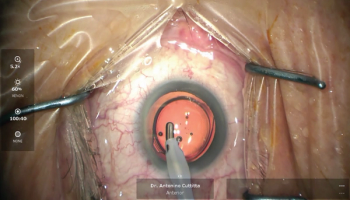
Bi-sign design compensates for aberrations resulting from misalignment.

Mark Packer, MD, offers personal insight in honor of Cataract Awareness Month.
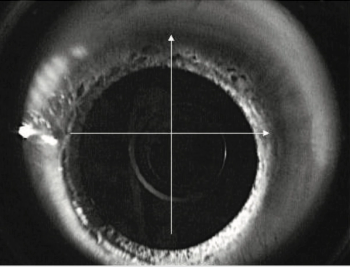
Procedure can improve best-corrected visual acuity, enhancing quality of life for patients.
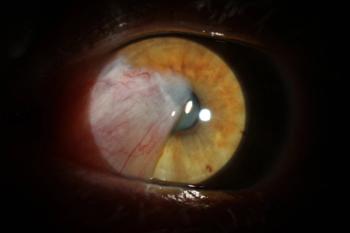
A recent study may indicate the need for future research to assess the relationship between pain and the anterior chamber depth.
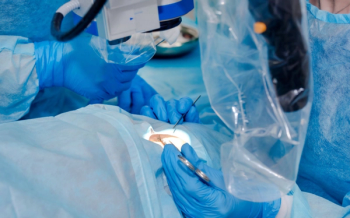
Findings from retrospective study support intraoperative cefuroxime irrigation.

Short learning curve, significant clinical advantages make this a comfortable addition.